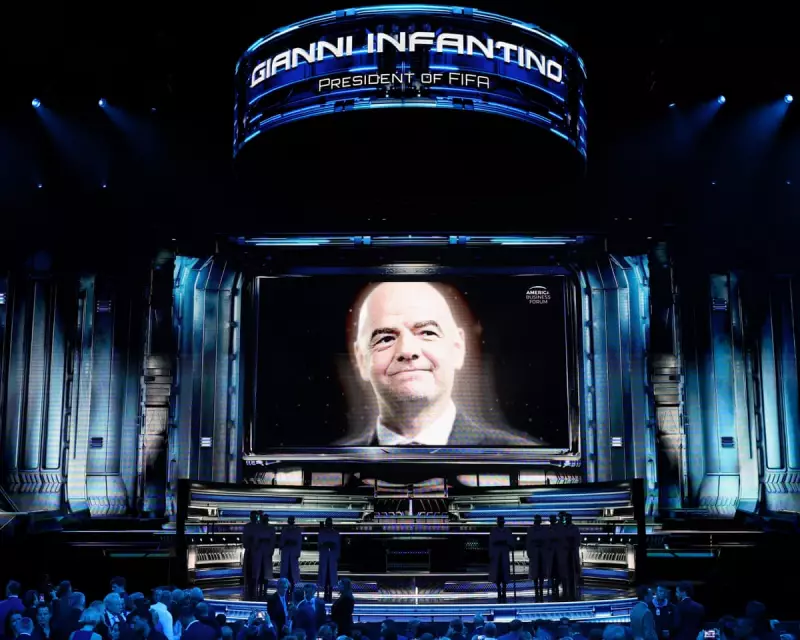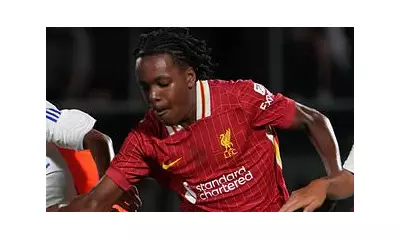
In a move that's sending shockwaves through both sporting and political circles, world football's governing body FIFA has been officially nominated for the Nobel Peace Prize, creating a storm of controversy and celebration in equal measure.
The Unprecedented Nomination
The nomination recognises FIFA's ambitious "Football for Peace" initiative, a global programme that has been quietly building bridges in some of the world's most divided regions. Through carefully structured tournaments and development projects, the organisation claims to have fostered dialogue between communities traditionally at odds.
"This isn't just about kicking a ball around," explained one diplomatic source close to the nomination process. "We're seeing genuine breakthroughs in places where traditional diplomacy has failed."
Scepticism and Celebration
However, the nomination has been met with raised eyebrows in many quarters. Critics point to FIFA's controversial history, including corruption scandals that have plagued the organisation in recent years.
"It's like nominating a fox for henhouse security guard of the year," quipped one sports governance expert, who wished to remain anonymous. "The work being done is valuable, but FIFA's overall record makes this deeply problematic."
Yet supporters argue that the nomination should be judged on the specific peace-building achievements, not the organisation's past mistakes.
Football's Diplomatic Power
The debate raises fundamental questions about sport's role in international relations:
- Can football genuinely overcome deep-seated political divisions?
- Should sporting bodies venture into diplomatic territory?
- How do we measure the true impact of such initiatives?
Proponents point to historical precedents where football has temporarily halted conflicts and brought warring parties to the negotiating table. The famous Christmas truce football matches during World War I are often cited as evidence of the game's unique unifying power.
What Happens Next?
The Nobel Committee now faces the delicate task of evaluating whether FIFA's contributions to global peace merit the world's most prestigious peace award. Their decision, expected in the coming months, is likely to spark intense debate regardless of the outcome.
One thing is certain: the nomination has already succeeded in putting the relationship between sport and peace-building firmly in the global spotlight, ensuring that whatever happens next, the conversation is only just beginning.





